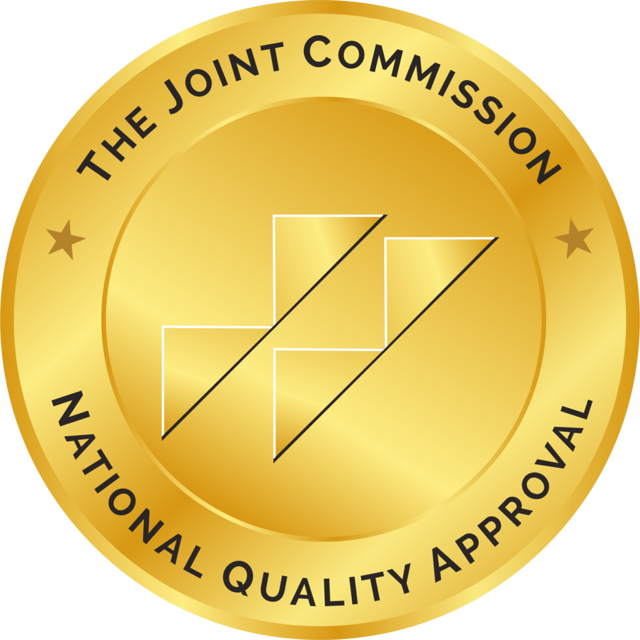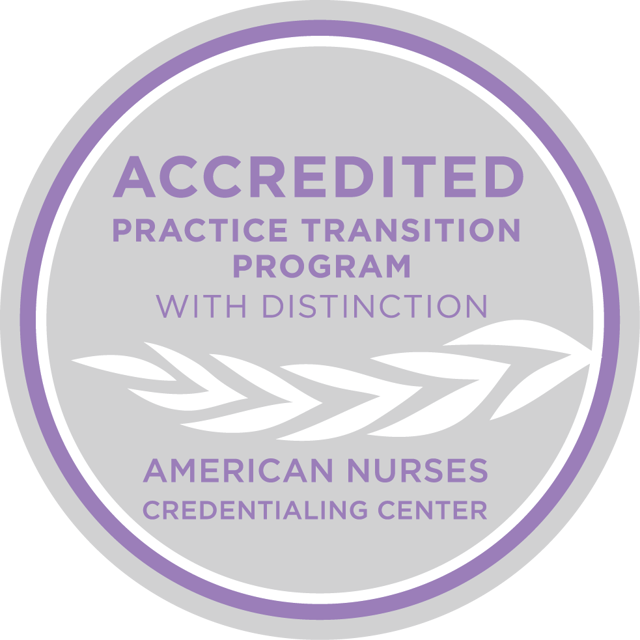

Specialty Care
Infusion treatments, whether at home, in a healthcare clinic or other non-hospital setting, require highly trained Specialty Care nursing and pharmacy support. Trust becomes essential for these higher-risk infusion therapies that require ongoing care.

Clinical Nutrition
Nutrition plays an essential role in sustaining quality of life for those who require care for complex conditions. Pentec Health provides personalized clinical nutrition solutions and superior community-based care.

Clinical Education
By leveraging decades of clinical expertise, we are able to successfully demonstrate our industry leadership through webinars, speaker programs and research studies. We take pride in sharing valuable insights that enhance clinician education and practice.

Pentec Health
Pentec Health is a national leader in clinical nutrition and specialty care integrating pharmacy services with clinical excellence to enhance the complex care journey.


Liver Disease and CKD
Presenter: Trisha Fuhrman MS, RDN, LDN, FAND, FASPEN
This course reviews the types, diagnoses, and interventions of liver diseases and the relationship to metabolic syndrome; discusses nutrition assessment and nutrition needs of malnutrition in advanced ESLD; and compares and contrasts nutrition interventions for malnourished ESLD and CKD-5 HD patients.
Learn from Our Experience
With leading healthcare credentials and decades of experience, we have a lot to offer the IDPN/IPN therapy community. We update our webinars periodically so if you'd like to learn from our experts check back often. And if you miss a webinar it will be available as a streaming video below.
Each recorded webinar awards 1 CPEU in accordance with the Commission on Dietetic Registration’s CPEU Prior Approval Program. After completing one of our eligible webinar courses, please contact clinicaleducation@pentechealth.com to request a course evaluation link and your CPEU certificate.
Pentec Health is a provider approved by the California Board of Registered Nursing, Provider # CEP17581 for 1.0 Contact Hour programs. Contact clinicaleducation@pentechealth.com to provide your RN license number (required) and request a course evaluation link and Course Verification certificate.
* Pentec Health on-demand webinars are free.


Past Webinars
Getting to the Heart of Malnutrition: Connecting Inflammation, Malnutrition, Cardiovascular Health and CKD5
Presenter: Trisha Fuhrman MS, RDN, LDN, FAND, FASPEN
This webinar was presented live on June 16, 2024. The CPE associated with this event will expire on June 17, 2027.
This advanced level course sheds light on the syndromes that tie together malnutrition and inflammation with the commonly seen issues of atherosclerosis and protein energy wasting. Learn about specific nutrition interventions for the CKD – ESRD patient population.
Performance Indicators: 5.1.5, 5.2.7
Volume Management in Peritoneal Dialysis
Presenter: Lucy Todd
This webinar was presented live on June 18, 2024. The CPE associated with this event will expire on May 31, 2027.
Volume management and small solute clearance are the primary goals of Peritoneal Dialysis (PD). Over attention to small solute clearance does not insure appropriate volume management. Attention to appropriate volume management will usually insure adequate small solute clearance. This webinar will focus on the physiology of ultrafiltration in PD and strategies to achieve optimal volume management.
Performance Indicators: 8.2.1, 8.2.4, 8.2.3
New Insights into Sodium Balance, Sodium Storage and PEW
Presenter: Annmarie Duggan MS, RD
This webinar was presented live on May 21, 2024. The CPE associated with this event will expire on May 21, 2027.
This focused journal article review will discuss newer research related to sodium storage, sodium balance and the protein energy wasting process. Interventions to facilitate sodium balance will also be discussed, including a review of practical education tips to assist patients in achieving optimal sodium intake.
Performance Indicators: 8.2.1, 8.2.3, 8.2.4
Facilitating Fluid Balance: Frustrations, Findings and Finesse
Presenter: Annmarie Duggan MS, RD
This webinar was presented live on April 16, 2024. The CPE associated with this event will expire on September 1, 2026.
Fluid management remains a challenge for dialysis patients and renal practitioners. This program will discuss the relationship of nutritional status, protein energy wasting, inflammation, sodium and fluid balance. The course will conclude with a review of innovative strategies and interventions to facilitate fluid management.
Performance Indicators: 8.2.1, 8.2.3, 8.2.4
Back to Basics: PEW and Nutrition interventions
Presenter: Trisha Fuhrman MS, RDN, LDN, FAND, FASPEN
This webinar was presented live on February 21, 2024. The CPE associated with this event will expire on February 27, 2027.
This webinar discusses the etiologies and clinical impact of protein energy wasting. Potential nutrition interventions are evaluated with a discussion of the literature on effects of oral diet, tube feeding, IDPN, and IPN on patient outcomes. The current recommendations and guidelines for use of IDPN and IPN will be presented.
Performance Indicators: 4.1.2, 8.1.1, 8.1.2
Back to Basics: Literature Review of IDPN and IPN
Presenter: Trisha Fuhrman MS, RDN, LDN, FAND, FASPEN
This webinar was presented live on February 21, 2024. The CPE associated with this event will expire on February 27, 2027.
This program will focus on scientific literature related to the effect of nutrition interventions on patient outcomes. Potential nutrition interventions evaluated include oral diet, IDPN, and IPN.
Performance Indicators: 4.1.2, 4.2.6, 8.2.4
Nutrition Focused Physical Exam
Presenter: Trisha Fuhrman MS, RDN, LDN, FAND, FASPEN
This webinar was presented live September 19, 2023. The CPE associated with this event will expire May 1, 2026.
Nutrition focused physical examination (NFPE) is an important part of a comprehensive nutrition assessment. This program focuses on assessing muscle, fat, fluid and physical function status through NFPE. It also addresses the application of NFPE in the outpatient setting.
Performance Indicators: 10.2.5, 4.1.2, 4.2.6, 8.2.1
Assessment of & Interventions for Physical Function
Presenter: Trisha Fuhrman MS, RDN, LDN, FAND, FASPEN
This webinar was presented live on November 14, 2023. The CPE associated with this event will expire on May 9, 2026.
This webinar will discuss the etiologies and clinical impact of reduced physical function. Potential interventions are evaluated with a discussion of the literature on the effects of nutrition and exercise on patient outcomes.
Performance Indicators: 4.1.2, 4.2.6, 8.2.4
Literature Review: Integrating Ethics & Practice
Presenter: Trisha Fuhrman MS, RDN, LDN, FAND, FASPEN
This webinar was presented live on October 18, 2023. The CPE associated with this event will expire on September 19, 2026.
This program will review the role of ethics, scope of practice and standards of practice on the expansion of new skills and knowledge for clinicians. This program meets the 1-hour Ethics continuing education requirement for registered dietitians and dietetic technicians.
Performance Indicators: 1.1.6, 1.1.8, 1.2.2

Proudly Quality Accredited
National Quality Approval
The Joint Commission

Accredited Practice Transition
Program With Distinction
American Nurses Credentialing Center
By using this website you accept our privacy policy. Choose the browser data you consent to allow:
